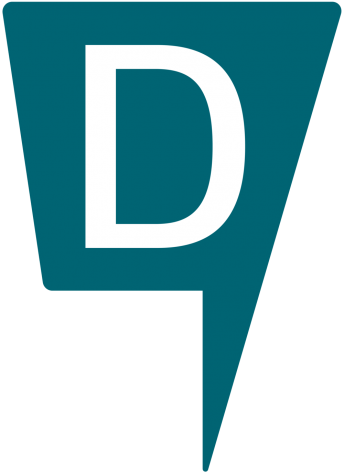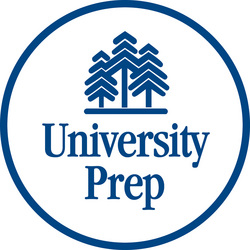Seattle Independent Schools’ Responses to COVID-19
On November 15th, Governor Jay Inslee and Washington State enacted new COVID-19 restrictions that will remain in effect until December 14th. With increasing coronavirus cases, the chances of Lakeside reopening this year becomes slimmer, and though life with significantly reduced social contact makes it easier to be limited to our own bubbles, it is important to remember that other independent schools in the Seattle area also face very similar challenges. Tatler looked at the reopening plans of University Prep (UPrep) and the Downtown School, compared to those of Lakeside.
Lakeside had made the decision to remain remote until at least after Thanksgiving. Like Lakeside, both the Downtown School and UPrep decided to continue online learning through December due to the increasing cases. Prior to this decision, however, both schools had been providing various opportunities for students to return to campus. According to Mary Beth Lambert, director of marketing and communications at UPrep, the school had just completed a two-week “trial return to campus” in late October and early November, where each grade was divided into two groups and half of two grades came to campus for one day of the two week period. Ms. Lambert felt that it was a success, and UPrep received “overwhelmingly positive and supportive feedback from students and families.” UPrep also allowed participation in extracurriculars in small pods of five to six people and organized weekend outdoor hiking and activities in local parks.

The Downtown School had also reopened campus for some socially-distanced events and organized weekend trips. Head of School Sue Belcher believes that these opportunities to reopen allow the school to test out some of their safety protocols and evaluate their effectiveness and practicality, such as the student’s ability to follow the signs and maintain the six feet distance.
Both UPrep and the Downtown School had similar professional development days as Lakeside, where teachers and faculty trained for a future blended learning environment. In addition, both schools made physical improvements to their campuses: The Downtown School implemented sanitation protocols and installed new signage around campus during the summer. Ms. Lambert notes that “an important upgrade to the UPrep campus was to the buildings’ air filtration system, which now allows more outdoor air to be circulated.”

There are some interesting contrasts, however, in the schools’ plans for health checks. Like Lakeside, UPrep is currently using the Magnus Health app, but they are not currently implementing COVID-19 testing; “But that is something we are considering for the future,” Ms. Lambert adds. “The Downtown School currently does not have the budget for COVID testing,” Ms. Belcher says, “though we are looking for the development of rapid and affordable testing.”
The responses from the student body in the three schools are mostly similar. Wally B., the editor-in-chief of UPrep’s Puma Press believes that “his school did a great job with precautionary measures” and felt “safe while he was on campus.” He shares that the biggest complaint he has heard was about how “the school split up the grades for in-person days since a lot of people are cut off from their friends.” Overall, he felt that “students appreciate the opportunity to come to campus, and they also understand that we won’t get a perfect solution to hybrid learning.” Similarly, Farah L., editor-in-chief of the Downtown Post, says that her school has “done a fantastic job with making sure students are still learning during the pandemic.” She thinks that most students are supportive of the administration’s guidelines, despite being anxious to be in-person again. When the school goes into blended learning, the senior class will be given the opportunity to go to school every day, since the senior class is smaller in size (only 13 people). “As a senior, I am excited about being granted such flexibility,” Farah says.
Despite some differences in strategies, all schools are making decisions that they believe to maximize the learning experience while keeping their communities safe. As the year concludes, it is important to remember that we are not alone in our struggles with remote learning and lack of social interactions. Perhaps acknowledging the unpredictable nature of the pandemic and trying to make the best out of current limitations is the only thing we can definitively choose.
Hallie X ‘23 has spent much of her time over the past three years contributing to Tatler’s collection, amassing over 20 articles in total. She covers...
